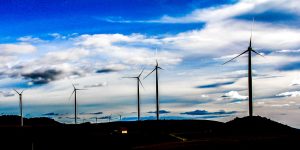To date, more than 90 countries have set net-zero emissions targets, pledging to help prevent the most damaging impacts of climate change, but questions remain about the credibility of many of these pledges and whether these targets will be met.
Collectively, countries with net zero targets, including China, the United States and India, are responsible for nearly 80% of global greenhouse gas emissions.
Thousands of regions, cities and companies have also set their own targets, but plans to achieve them are not always clearly defined, may lack political support and may require the use of novel or even non-existent technologies.
However, the World Resources Institute‘s (WRI) Realizing Net-Zero Emissions: Good Practices in Countries report identifies five countries that are among the nations already making tangible progress. Each example highlights key actions, good governance, engaging stakeholders, enacting sectoral policies, and deploying finance and investment.
These countries are Chile, Costa Rica, South Africa, Denmark and France. Let’s see what WRI has to say about each of them:
Chile
Chile has taken significant steps to facilitate the implementation of its net-zero emissions target by establishing comprehensive and coordinated governance structures. The goal was legally enshrined in the 2022 Framework Law on Climate Change, which establishes new governance structures at the national and local levels.
In addition, the law decentralizes responsibility, assigning climate-related tasks to multiple ministries, regional authorities and municipal governments, so that no single ministry is burdened with sole responsibility for implementation.
The law also introduces key institutions at the national level, such as the Council of Ministers for Sustainability and Climate Change, charged with evaluating policy; the Scientific Advisory Committee, charged with providing independent expert advice; and the National Council for Sustainability and Climate Change, charged with engaging the public.
These governance structures will support the implementation of short-term interventions. For example, Chile has already developed sectoral carbon budgets, initiated carbon phase-out plans, and launched sustainable land management and afforestation initiatives.
If current implementation proceeds as planned, Chile’s carbon dioxide emissions may have already peaked, laying the groundwork for meeting the country’s net zero emissions target.
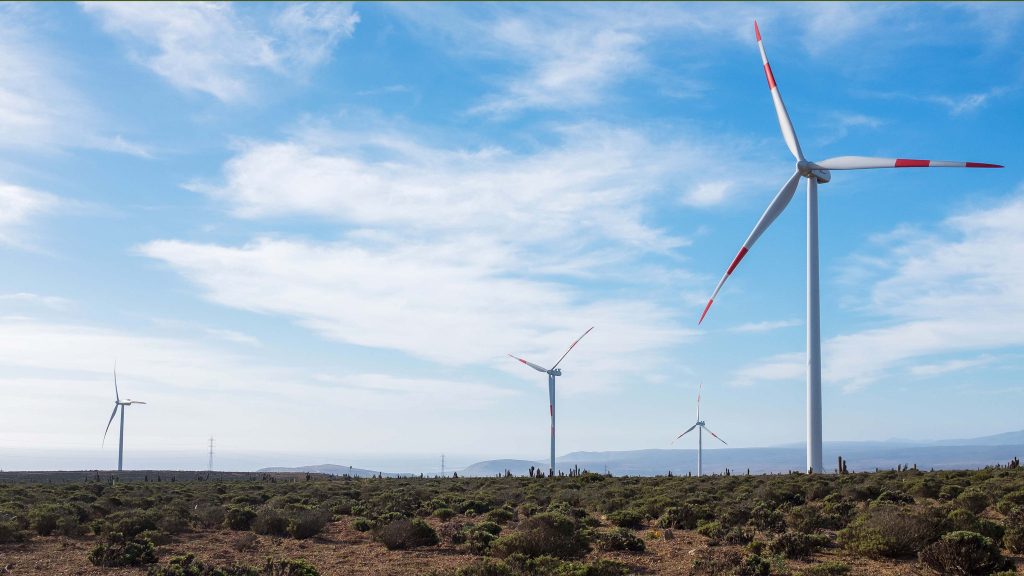
Costa Rica
Costa Rica’s commitment to achieving net zero emissions by mid-century has been supported by the development of a comprehensive National Decarbonization Plan that ensures that the long-term goal guides decision-making and near-term actions today.
The plan, which was originally developed in 2019, details specific near-term sectoral actions and cross-cutting strategies to drive emissions reductions. For example, the implementation plan sets a goal of putting 1,000 electric buses in operation by 2035 to reduce emissions from the country’s transportation system.
One notable aspect of Costa Rica‘s plan is its resilience to political change. Despite a major change of government in May 2022, the plan has remained a priority, largely due to its success in attracting significant investment from global financial institutions such as the International Monetary Fund and the Inter-American Development Bank.
Ultimately, Costa Rica‘s net zero emissions implementation plan has proven its effectiveness in attracting investment, surviving political transitions, and staying focused on near-term milestones in all key sectors, paving the path to net zero emissions.
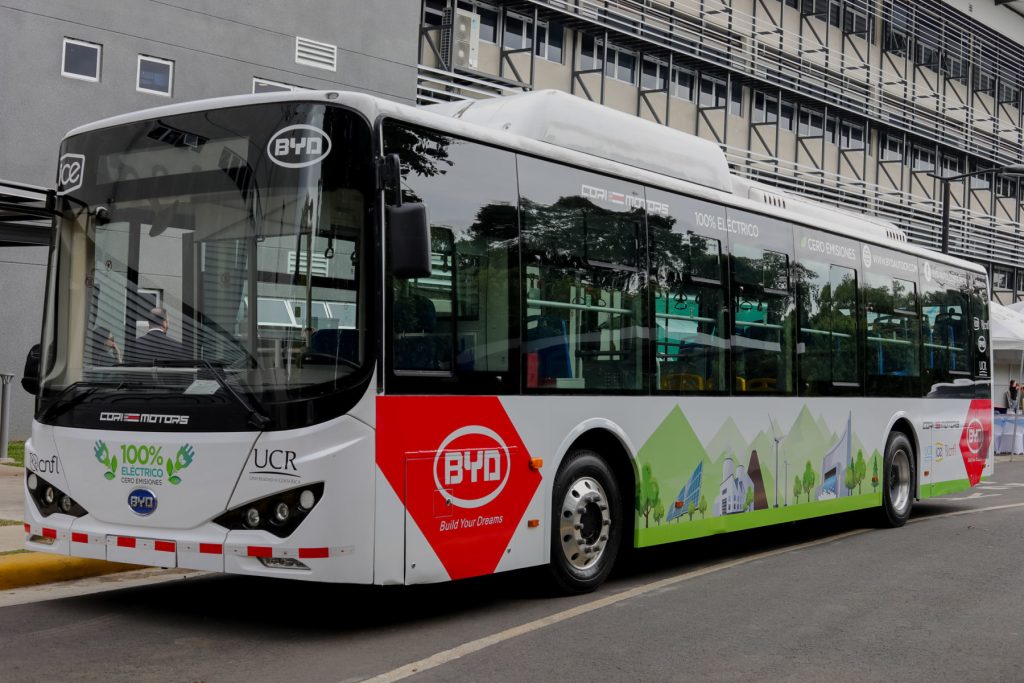
South Africa
Given its traditionally heavy reliance on coal to meet energy needs, achieving net zero emissions in South Africa will have significant impacts on workers and communities as the country transitions to a new energy system.
In 2020, South Africa took an important step toward ensuring a just and equitable transition to a low-emission, climate-resilient economy by creating the Presidential Climate Commission (PCC), composed of representatives from government, business, labor, civil society and leaders. It operates transparently, disseminates meetings and workshops to the public, and emphasizes deep and ongoing community engagement.
The PCC‘s inclusive approach was exemplified in the development of the Just Transition Framework, adopted by the South African Cabinet in August 2022, which sets out a shared vision, principles, policies, and governance arrangements that will help the country achieve the goal of zero net emissions, without harming existing communities in the process.
Rapid acceptance of the framework was facilitated by policy briefs, public workshops, community consultations, expert trials and extensive consultations with workers, communities and social partners, broadening engagement, increasing public confidence and gaining buy-in for the difficult decisions ahead.
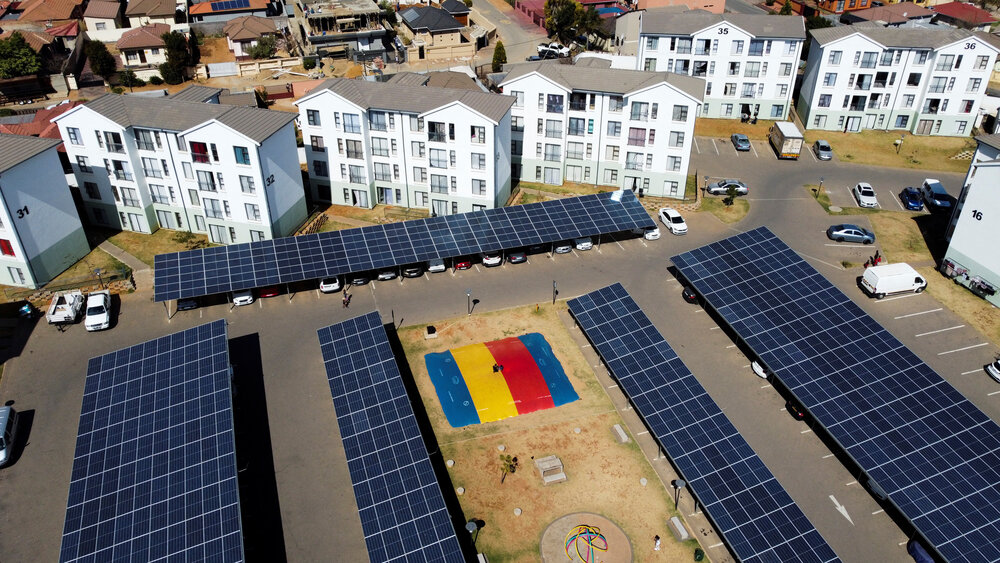
Denmark
Denmark‘s electricity sector has undergone a major transformation over the past three decades, moving from coal-dominated generation to zero-carbon power. The share of renewable energy generation has increased from 3% in 1990 to more than 80% in 2020, driven mainly by a substantial deployment of wind power.
Wind capacity has increased 24-fold during this period, reaching 7 gigawatts of installed capacity by January 2022. Solar generation has also played an important role, contributing 4% to the energy mix after doubling between 2015 and 2020. These changes have resulted in a remarkable 76% drop in carbon dioxide emissions in the power sector since 1990.
The transformation of the Danish power sector can be attributed to a combination of sustained and well-designed policies and investments. These include:
- Significant investments in wind energy research and development, the establishment and adjustment of a regulated tariff for wind energy;
- Institutional support for the planning and installation of renewable energy projects;
- Strong grid interconnection;
- Community ownership of renewable energy projects;
- The modernization of outdated turbines;
- Increasingly ambitious renewable energy targets.
Throughout this transition, Denmark has prioritized dialogue with unions and employers to ensure a fair sharing of costs and benefits, and support for workers in fossil fuel industries. The country’s approach has focused on building a strong renewable energy industry along with a strong social safety net.
Denmark’s success in transitioning its energy sector to renewables has positioned it as a world leader in wind energy, with a high level of investment in research and development and technological know-how.
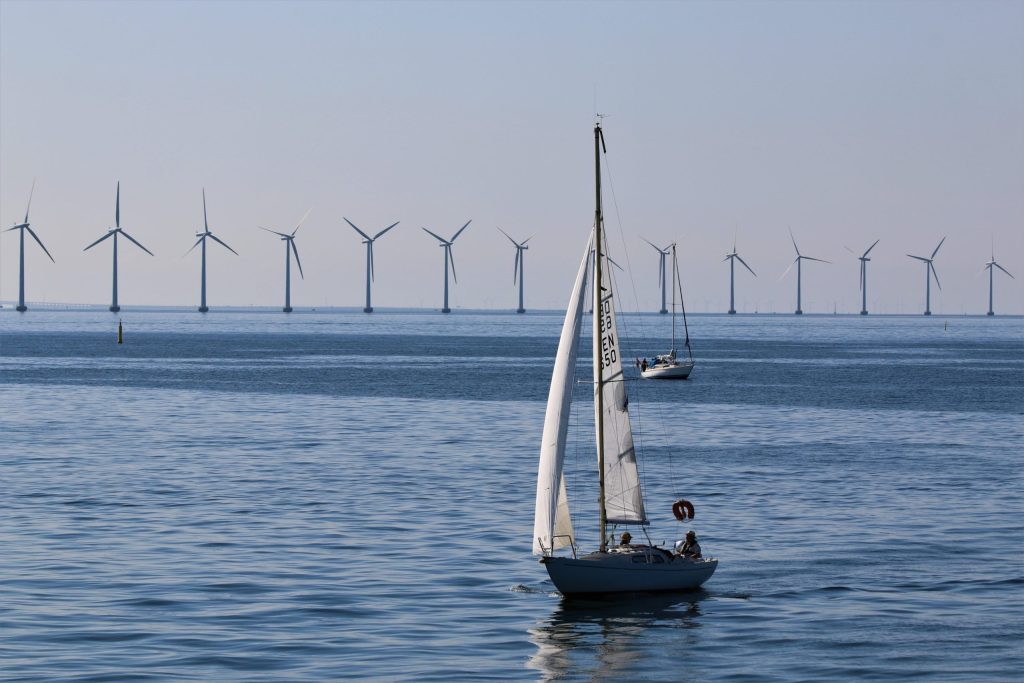
France
Since 2017, the country has been committed to incorporating climate considerations into its annual budget process, resulting in the publication of the world’s first “Green Budget” in 2021, which assesses the environmental impact of all state spending based on criteria such as climate, biodiversity and local air pollution.
The methodology rates expenditures on a scale from unfavorable to very favorable, covering key environmental objectives, and ensures that all government departments carefully consider the climate and environmental impacts of their interventions, in line with the country’s commitment to achieving the goal of zero net emissions.
France has also implemented minimum environmental thresholds for certain investments. For example, part of the country’s COVID-19 recovery package required 30% of funds to be dedicated to investments favorably labeled under the Green Budget methodology, such as energy efficiency, green hydrogen development and others.
By employing the Green Budget methodology and setting minimum requirements for domestic spending, France is increasing domestic climate finance to reach its goal of zero net emissions by mid-century.
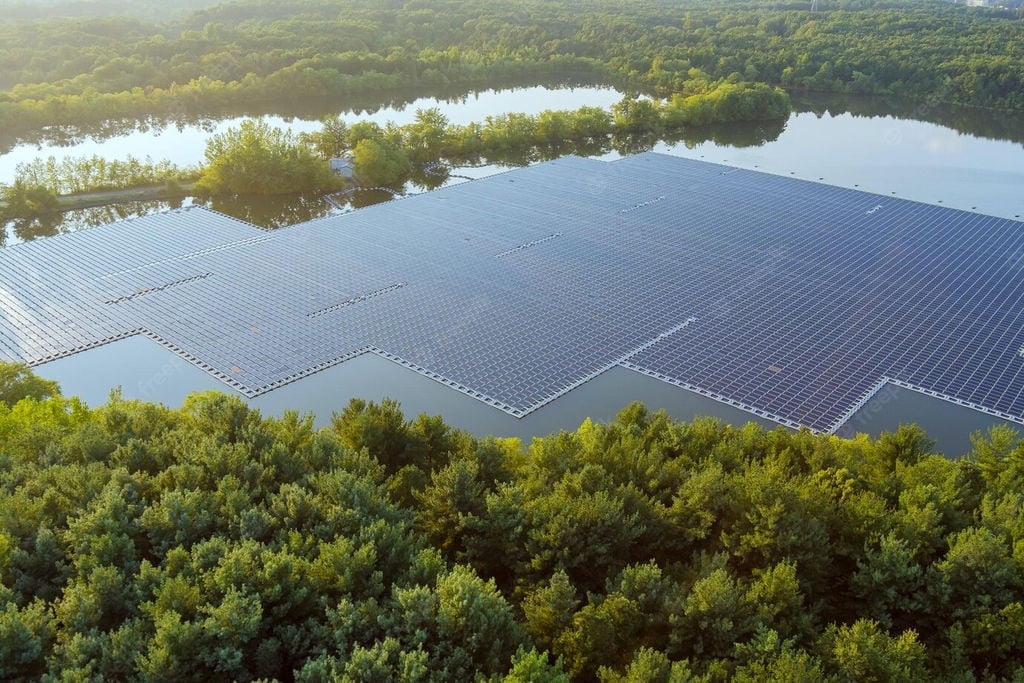
WRI concludes the report as follows:
“While no country has fully decarbonized its economy to achieve a net-zero emissions goal, there is a wealth of practical experience and examples of concrete actions currently being taken from which others can learn.
It is still too early to assess whether these actions are tipping points that will trigger the necessary transformation, and current efforts alone are unlikely to be sufficient.
However, the efforts currently underway illustrate a growing degree of commitment and provide insights for other countries as they develop their own net zero emissions implementation policies.”
To read the full report, please click here




